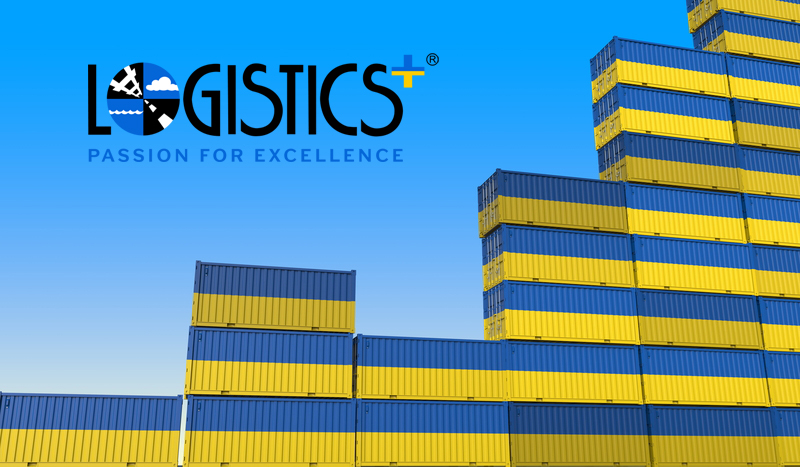 Ukraine is a large and growing market for importers, with a diverse economy and a population of over 40 million people. The EU has suspended import duties and quotas on Ukrainian goods, and the US is considering similar measures. This makes importing to Ukraine even more attractive market for businesses, as they can now import Ukrainian goods duty-free.
Ukraine is a large and growing market for importers, with a diverse economy and a population of over 40 million people. The EU has suspended import duties and quotas on Ukrainian goods, and the US is considering similar measures. This makes importing to Ukraine even more attractive market for businesses, as they can now import Ukrainian goods duty-free.
Despite the ongoing war, there are several ways for companies to get their products into Ukraine.
- EU-Ukraine Solidarity Lanes: These are dedicated road and rail routes established to transport goods between Ukraine and the EU via Poland, Romania, and Slovakia. They are the primary way for companies to import goods into Ukraine. However, there may be delays and restrictions in place.
- Danube River ports: Ukraine’s ports on the Danube River remain operational but are being used primarily to export goods to other European countries.
- Airfreight: Airfreight or air charters are still options for getting goods into Ukraine, but it can be more expensive than other modes of transport
The following sectors are some of the most promising for importers in Ukraine:
- Energy: Ukraine heavily depends on imported energy, including oil, natural gas, and coal. The country wants to diversify its energy mix and reduce its reliance on Russian energy. Importers could supply Ukraine with renewable energy technologies, energy efficiency solutions, and other energy-related products and services.
- Agriculture: Ukraine is a major agricultural producer, but it also imports many agricultural products, such as seeds, fertilizers, and pesticides. Importers could supply Ukrainian farmers with high-quality farming inputs to help them improve their productivity and yields.
- Infrastructure: Ukraine is rebuilding its infrastructure after the war, and there is a strong demand for construction materials and equipment. Importers could supply Ukraine with everything from cement and steel to road construction equipment and machinery.
- Healthcare: Ukraine needs medical equipment, pharmaceuticals, and other healthcare-related products and services. Importers could supply Ukrainian hospitals and clinics with the latest medical technologies and treatments.
- Education: Ukraine is investing in its education system, and there is a demand for educational resources and technologies. Importers could supply Ukrainian schools and universities with textbooks, software, and other educational materials.
In addition to these sectors, importers have opportunities in other areas, such as consumer goods, food and beverage, and IT services.
Companies should consult with an experienced and reputable freight forwarder or customs broker (Logistics Plus is both) to determine the best way to get their products in and out of Ukraine. Here are some additional tips for companies importing goods into Ukraine:
- Be prepared for delays. The war has caused significant disruption to Ukraine’s transportation and logistics infrastructure.
- Be flexible with your shipping routes and schedules. You may need to use alternative routes or modes of transport than you would typically use.
- Work with a reputable freight forwarder or customs broker (like Logistics Plus). They can help you navigate the complex and changing regulatory environment in Ukraine.
- Have all of your documentation in order. This includes customs declarations, invoices, and other necessary paperwork.
Despite the challenges, it is still possible to do business inside Ukraine. By following these tips, companies can support the Ukrainian economy and expand their global sales.

